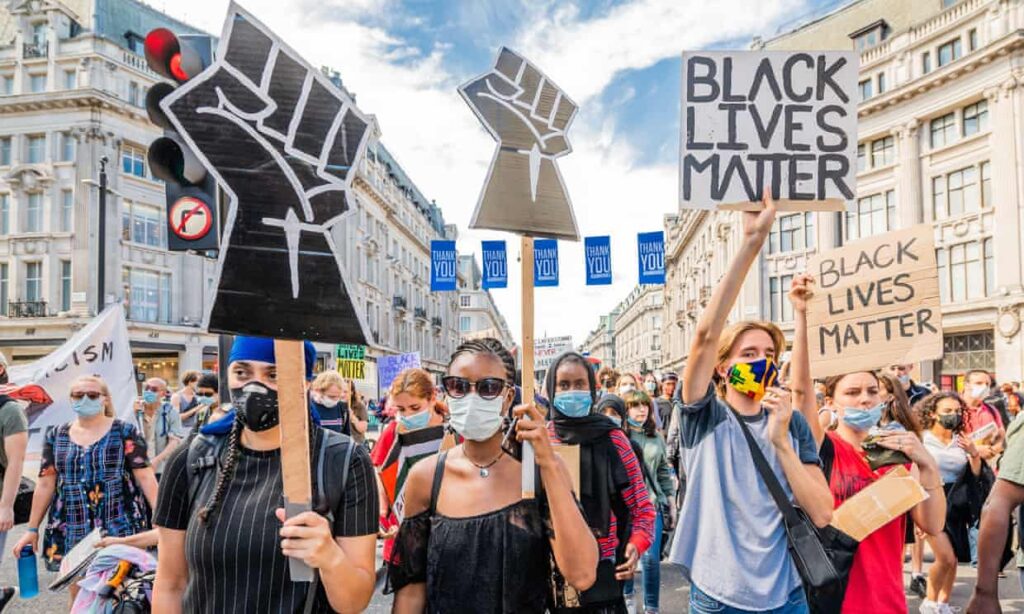Black History Month 2020
This year Black History Month 2020 feels more confident and celebratory than those of previous years.
This positivity is a reflection of the year we have lived through and the remarkable events we have witnessed. The summer of 2020 was one of those moments when it felt as if history’s fast-forward button had been pressed and the pace of historical events suddenly accelerated. After the summer of Black Lives Matter, it seems as if every institution and every company is determined to express its support for Black History Month.

What is Black History Month?
Black History Month is an American import, a concept brought to Britain in the 1980s. In the US, it is celebrated in February and began life as Negro History Week in the 1920s. Transplanted from there to here it has slowly grown to become a modern tradition, an established part of the calendar for many people of all races.
In the 1980s, everyone in Britain, including black people themselves, knew less about black British history than we do today. Much of the key scholarship had yet to be done, many of the discoveries yet to be made. So as well as importing an American tradition much of its content was also brought to Britain.
Back then, Black History Month events were more likely to remember Rosa Parks and the Montgomery, Alabama, bus boycott than they were to shine a light on the Bristol bus boycott and the British colour bar. Thirty-three years later and Black History Month has both evolved and matured. It is bigger, better funded, stamped with the imprimatur of official approval and more firmly focused on British history.
What should you be doing?
The scale of Black History Month, the fact that political leaders and huge corporations feel compelled to play a part and list their initiatives, is in itself an achievement, one that would have been unimaginable to the pioneers who put together the first programmes of talks and gatherings back in the 1980s.
Now it’s your time to play a part and forward the agenda of people who have invested their life or given their lives to change. Show your organisation how much Black History Month means to you and what it represents.
Most people at this time will be relying on their BAME Network or Diversity groups to deliver workshops and think its enough for them to participate in those activities. Please don’t let it stop there!
What can make Black History Month contentious in the UK is not the “black” part, but the “history” bit. If it were black culture month or black music month, few people would have a problem. The issue is that any proper debate about black history inevitably entails discussions of parts of the British past – slavery, imperialism, the development of racial thinking – that have long been brushed under the historical carpet. This means that once a year black Britons become the delivery system for parts of British history that many people are deeply uncomfortable discussing. Thanks to this month, thousands are now addressing issues of race and racism; so don’t just leave it to the diversity staff network groups, it is equally important to make sure you do your part within your own organisation! Reach out to your marketing and internal comms team to share articles you’ve seen or blogs you have written to be posted on your organisations intranet, sent in your monthly staff email and shared on your organisations social media pages. Make it count!


